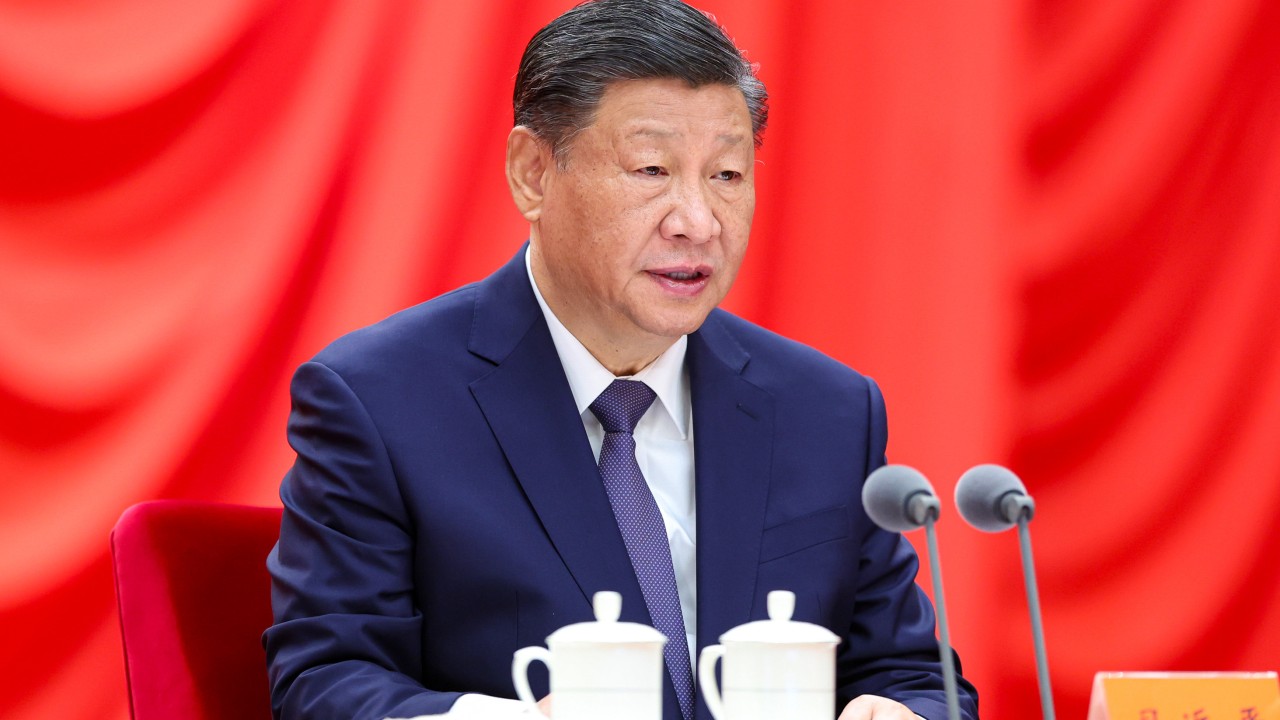
The campaign, which has netted thousands of officials since 2013, last year intensively targeted the country’s vast and opaque financial and healthcare sector.
This year, the focus should be on “high-risk areas”, such as finance, state-owned businesses, energy, pharmaceuticals, infrastructure and engineering, said Xi, who is also general secretary of the Communist Party.
Will China’s anti-corruption crackdown remedy its healthcare woes?
Will China’s anti-corruption crackdown remedy its healthcare woes?
Xi called on the CCDI cadres to “fully centralise funds and resources to … clean up hidden risks, punish bribes and corruption” to give people “a greater sense of gains”, according to the CCTV report.
He also emphasised the need for “persistent purification of the political ecosystem” and called for heavier punishments for bribers who corrupt officials to “serve as a warning to others”.
The meeting was chaired by CCDI boss Li Xi and attended by members of the Politburo – China’s highest policy-makers – as well as state councillors and party heads of the legislature, courts and political advisory organs, and the military top brass. It was also broadcast to top provincial and PLA officials.
In 2018, five years after he launched the corruption-busting campaign, Xi declared “a crushing victory” against the problem.
The country’s battle against corruption set a record high last year, with the CCDI launching investigations into 45 senior officials, according to a tally by the South China Morning Post in January.
The Post’s tally showed a 40 per cent increase compared to the previous year, when 32 high-ranking officials were placed under investigation by the CCDI.
‘Tiger hunt’: China’s war on corruption sees record purge of senior officials
‘Tiger hunt’: China’s war on corruption sees record purge of senior officials
Two weeks ahead of this year’s third plenary session of the CCDI, the party widened the scope of offences and punishments with a new regulation on party discipline that includes the prospect of expulsion for reading sensitive materials in private.
Unflattering histories of the party, as well as publications that reflect poorly on the party’s policies, defame or slander party and national leaders, or distort the history of the party, the People’s Republic of China, and the PLA are all on the list.

